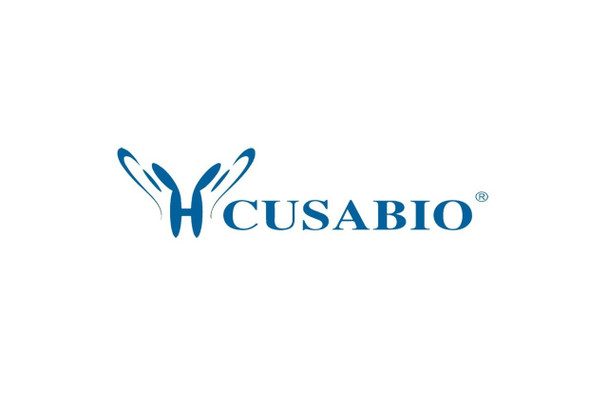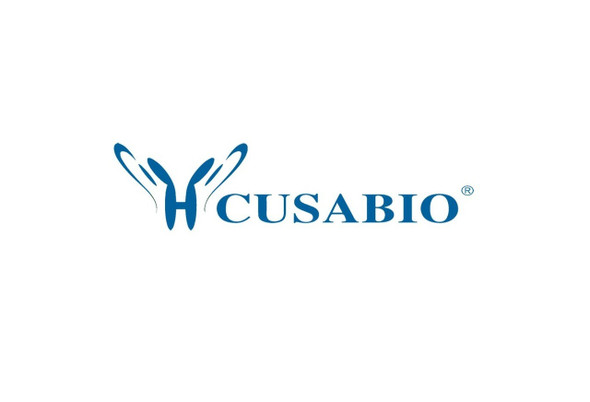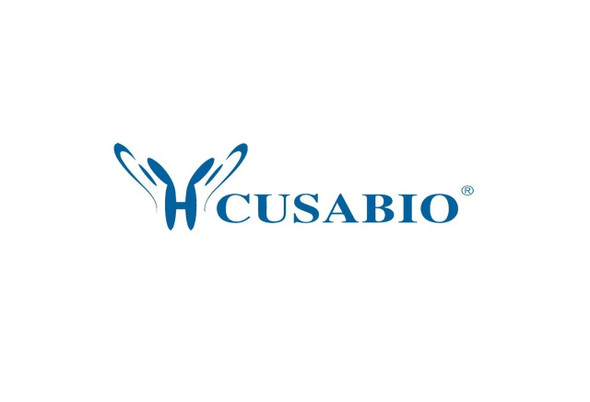Cusabio Polyclonal Antibodies
TIMM17B Antibody | CSB-PA023551ESR2HU
- SKU:
- CSB-PA023551ESR2HU
- Availability:
- 3 to 7 Working Days
Description
TIMM17B Antibody | CSB-PA023551ESR2HU | Cusabio
TIMM17B Antibody is Available at Gentaur Genprice with the fastest delivery.
Online Order Payment is possible or send quotation to info@gentaur.com.
Product Type: Polyclonal Antibody
Target Names: TIMM17B
Aliases: Mitochondrial import inner membrane translocase subunit Tim17-B, TIMM17B, TIM17B
Background: Essential component of the TIM23 complex, a complex that mediates the translocation of transit peptide-containing proteins across the mitochondrial inner membrane.
Isotype: IgG
Conjugate: Non-conjugated
Clonality: Polyclonal
Uniport ID: O60830
Host Species: Rabbit
Species Reactivity: Human
Immunogen: Recombinant Human Mitochondrial import inner membrane translocase subunit Tim17-B protein (1-172AA)
Immunogen Species: Human
Applications: ELISA, WB, IHC
Tested Applications: ELISA, WB, IHC; Recommended dilution: WB:1:1000-1:5000, IHC:1:20-1:200
Purification Method: Antigen Affinity Purified
Dilution Ratio1: ELISA:1:2000-1:10000
Dilution Ratio2: WB:1:1000-1:5000
Dilution Ratio3: IHC:1:20-1:200
Dilution Ratio4:
Dilution Ratio5:
Dilution Ratio6:
Buffer: PBS with 0.02% sodium azide, 50% glycerol, pH7.3.
Form: Liquid
Storage: Upon receipt, store at -20°C or -80°C. Avoid repeated freeze.
Initial Research Areas: Signal Transduction
Research Areas: Metabolism;Signal transduction














